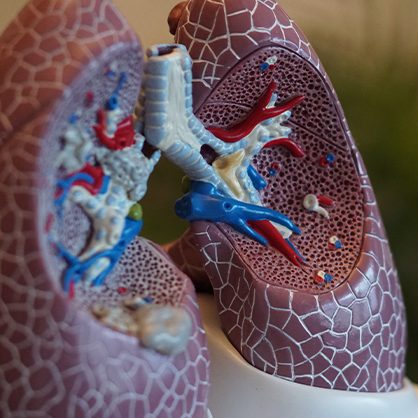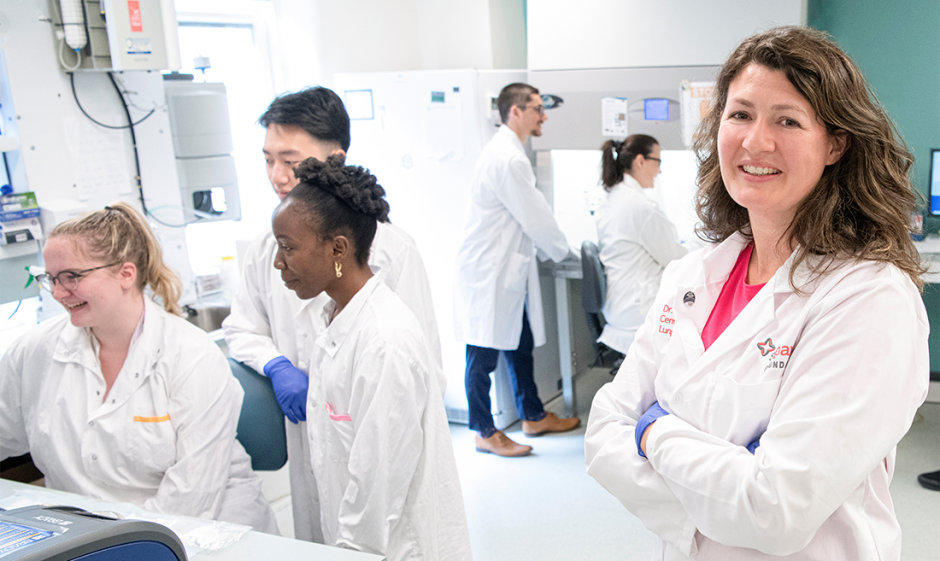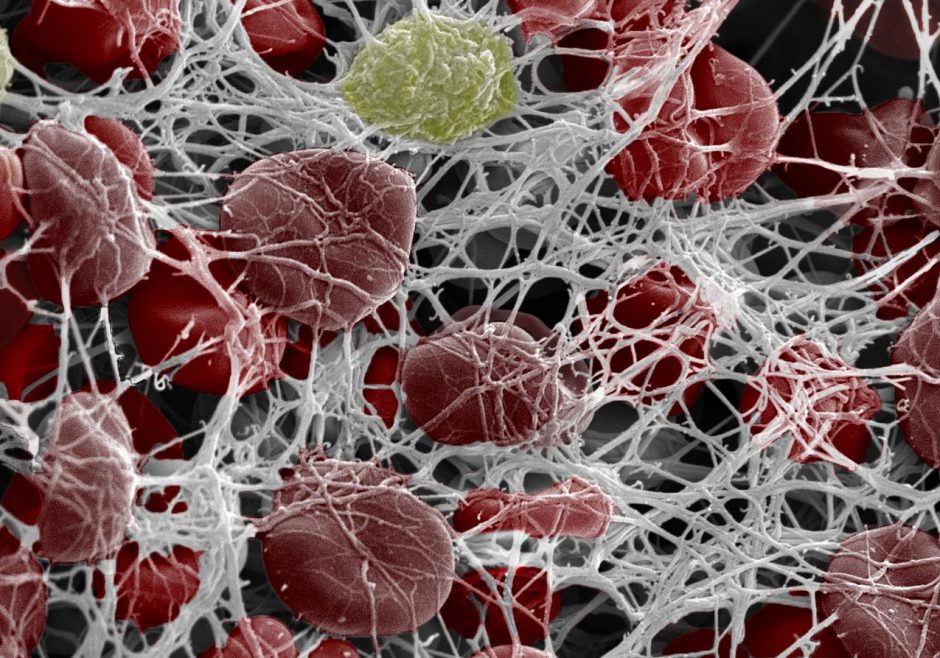UBC researchers are fast becoming international leaders in understanding and eliminating heart and lung diseases.
In collaboration with international partners in healthcare and government, our researchers are crossing divisional and departmental boundaries to develop tests, biomarkers and clinical therapies that will predict, treat and cure two of the world’s leading causes of death.
Skip to Stories
Spotlight

UBC Medicine researchers address pressing lung health challenges with new federal funding
Teams led by Drs. Christopher Carlsten and Janice Leung will study major lung health concerns like wildfire smoke and vaping.
Read more >

‘Smart glove’ can boost hand mobility of stroke patients
A new washable wireless smart textile developed at UBC aims to improve patient rehabilitation following a stroke.
Read more >

When RSV weighs heavily on the Canadian health-care system
New research highlights the significant burden of RSV on Canadian children.
Read more >

Hospital admissions for COPD have increased, especially in women and younger adults
New UBC research reveals that hospital admissions for COPD have risen, even while smoking rates and admissions for other health issues have declined.
Read more >

UBC researchers identify cells that cause initial airway destruction in COPD patients’ lungs
By understanding the cells involved in small airway loss, the researchers hope to develop more effective treatments and preventative measures for COPD.
Read more >

Innovative treatment targets blood clots without increased bleeding risk
Faculty of Medicine researchers have made a promising breakthrough in blood clot prevention and treatment.
Read more >

Popular keto diet may be linked to higher risk of heart disease, cardiac events
UBC research suggests the popular weight-loss diet is associated with higher levels of LDL cholesterol.
Read more >

Bringing women’s heart health to the forefront
Dr. Tara Sedlak is improving equity in cardiac research – and shares tips for maintaining a healthy heart.
Read more >

Breastfeeding babies can offset the risk of asthma from antibiotics
New study shows that breastfeeding can protect infants from the risk of asthma due to antibiotic exposure.
Read more >

National study suggests it’s time to rethink how we treat atrial fibrillation
Early intervention with catheter cryoablation can halt disease progression, reduce risk of serious health impacts.
Read more >